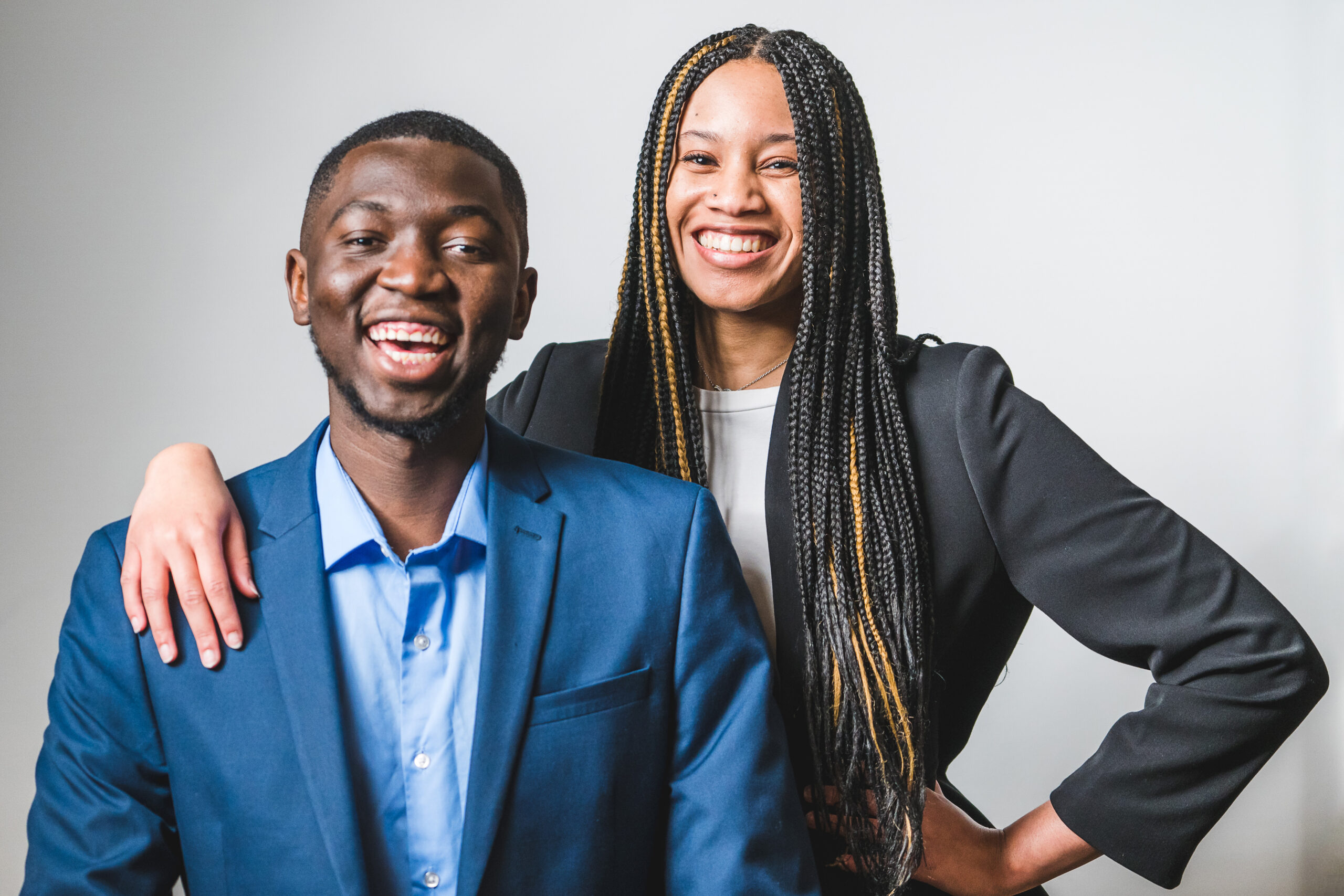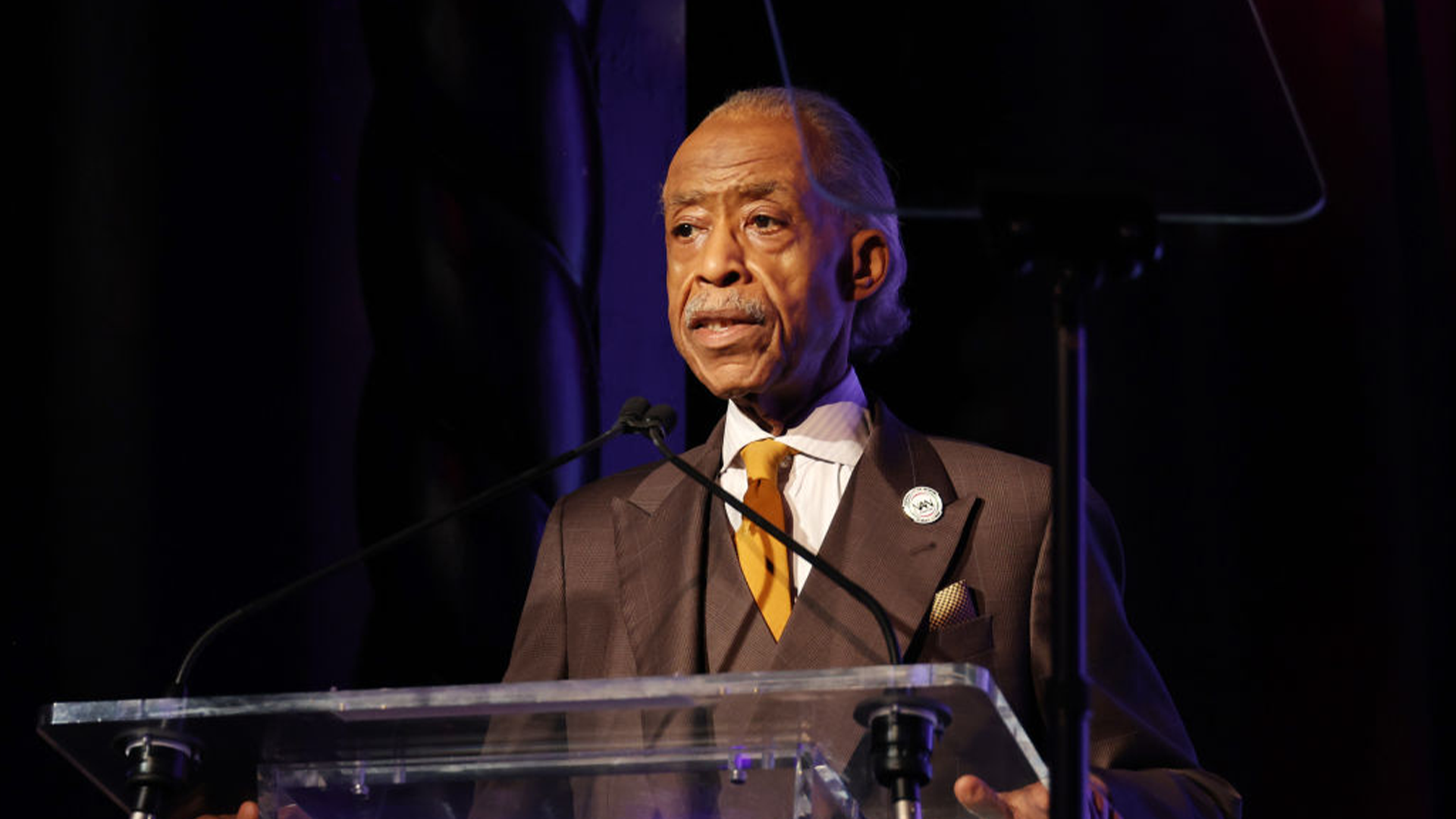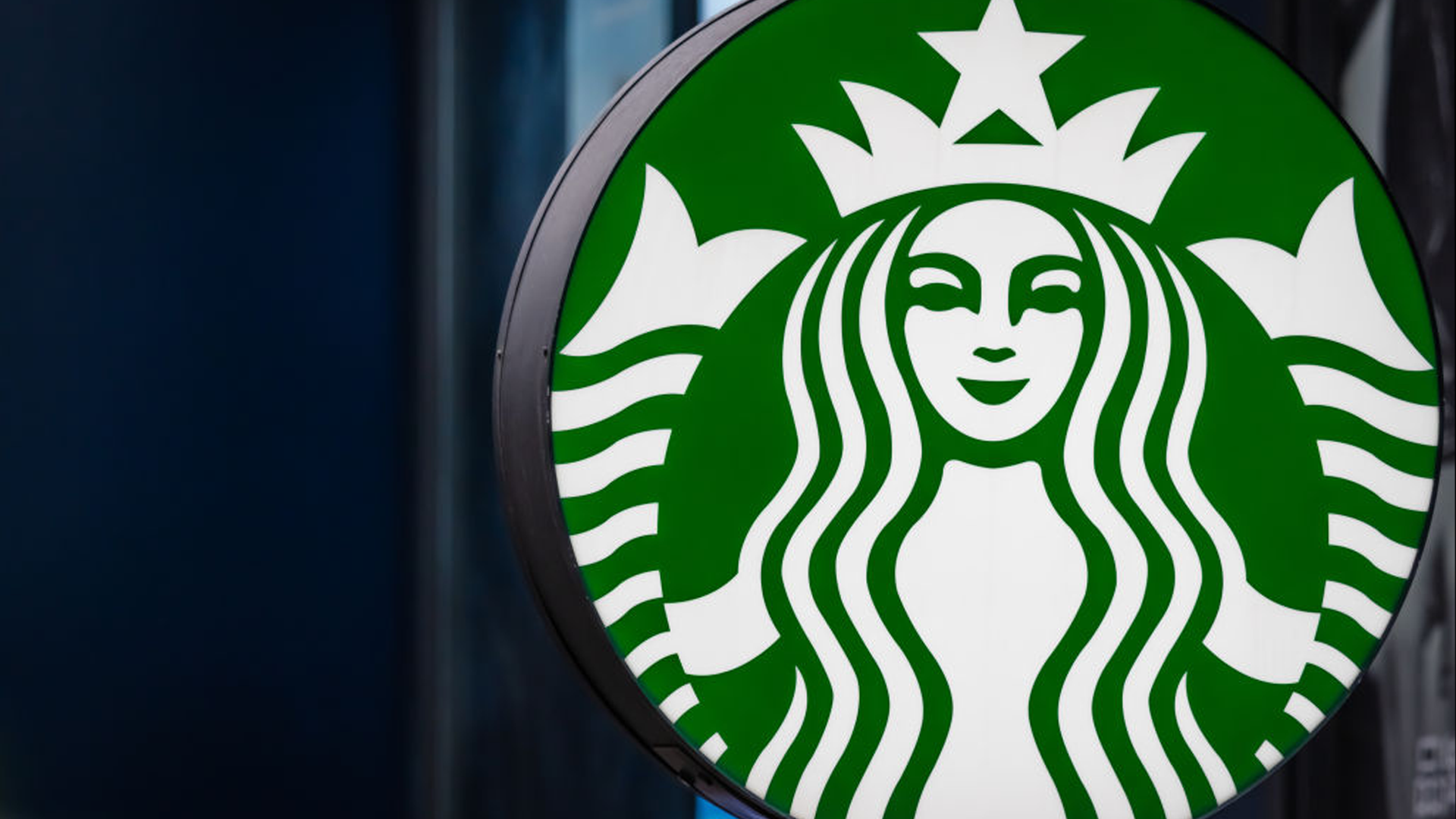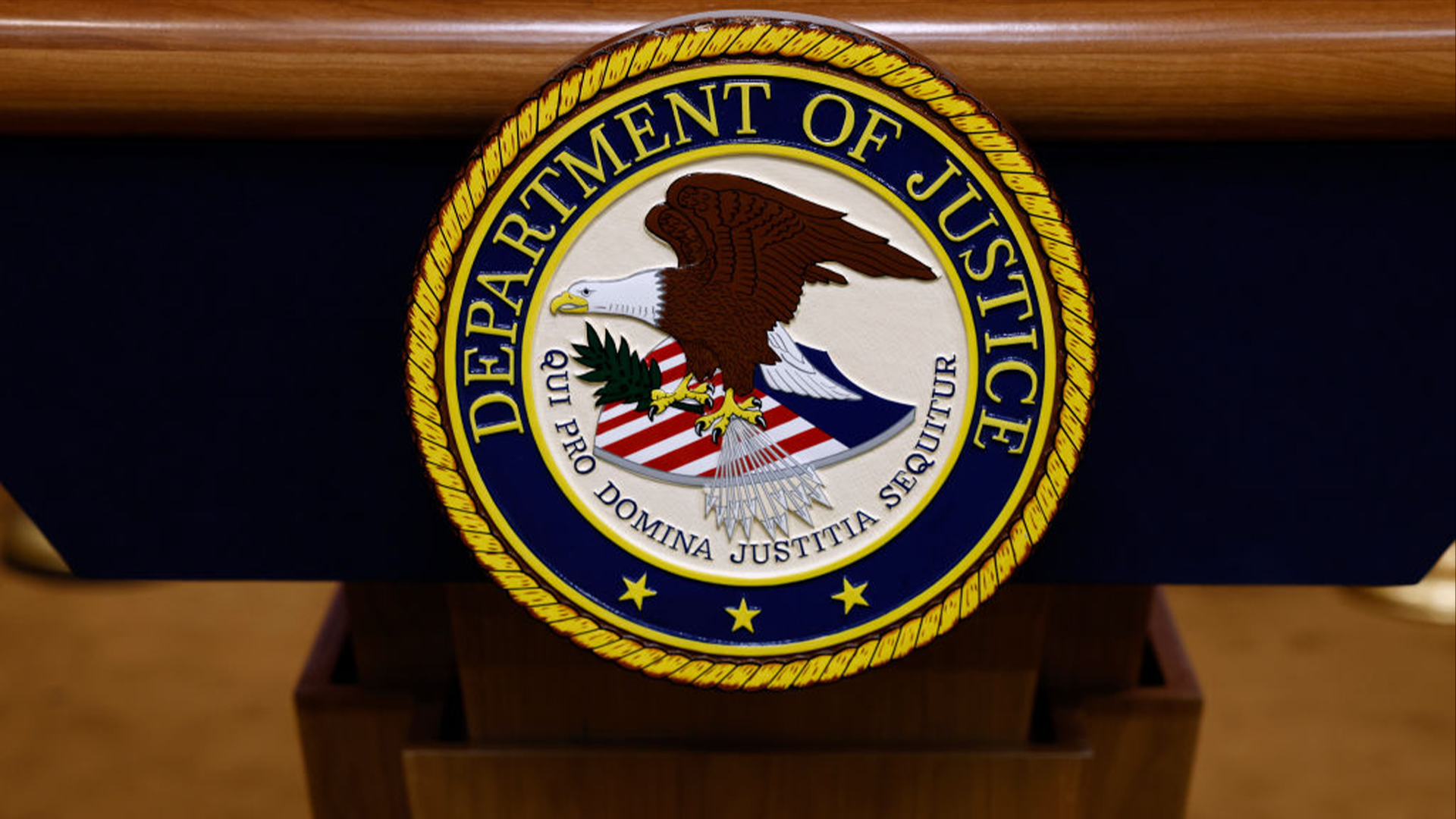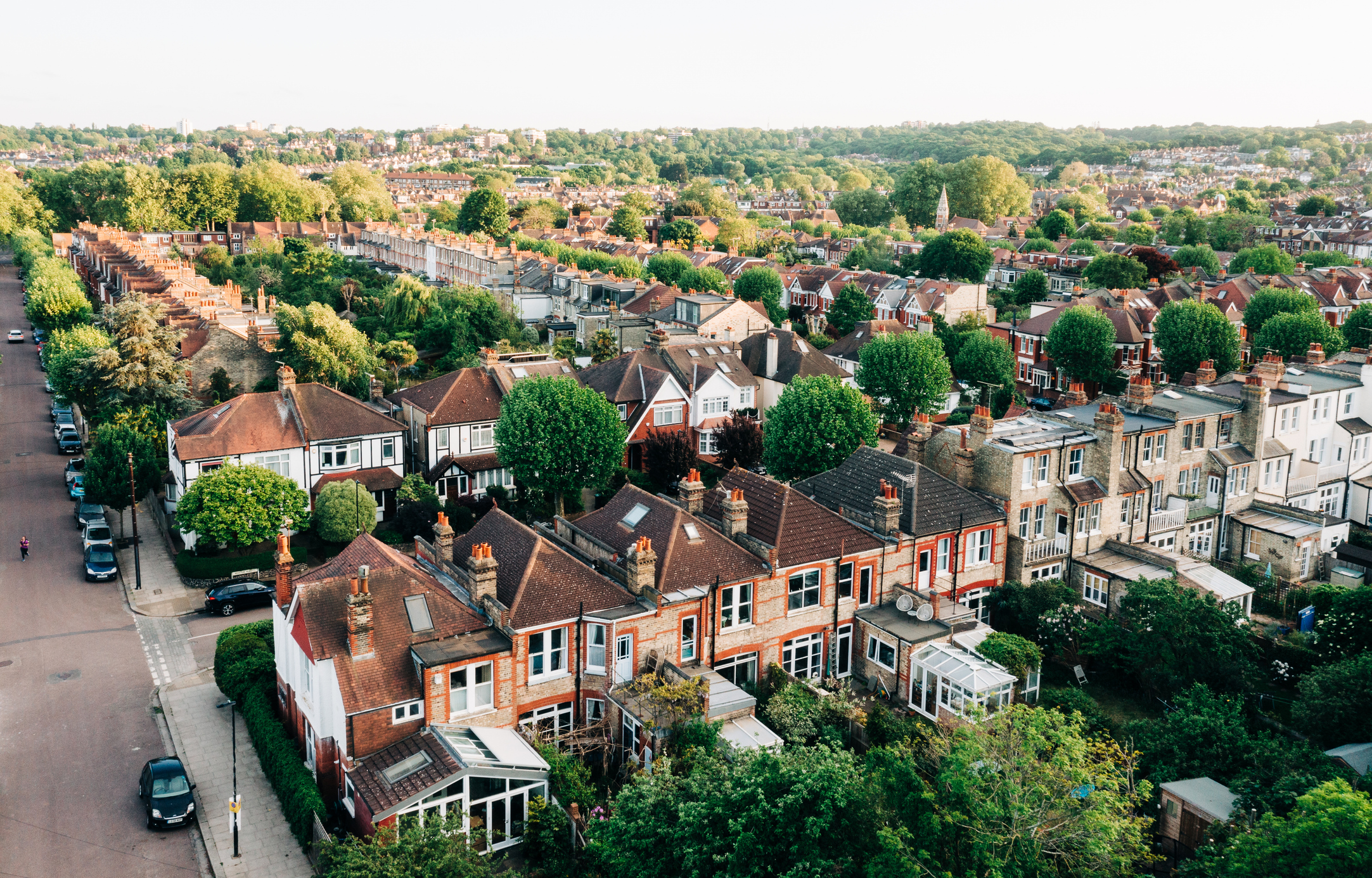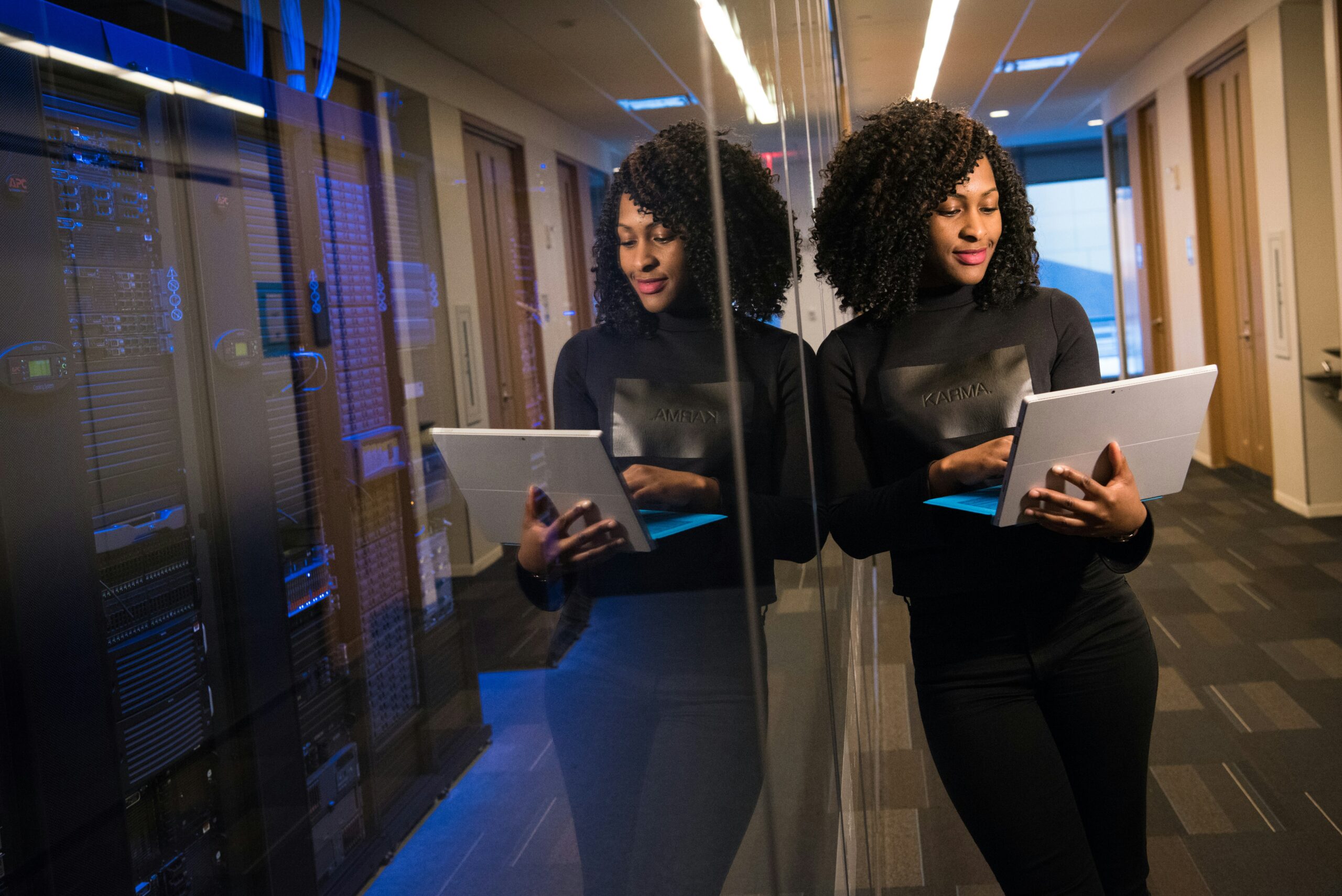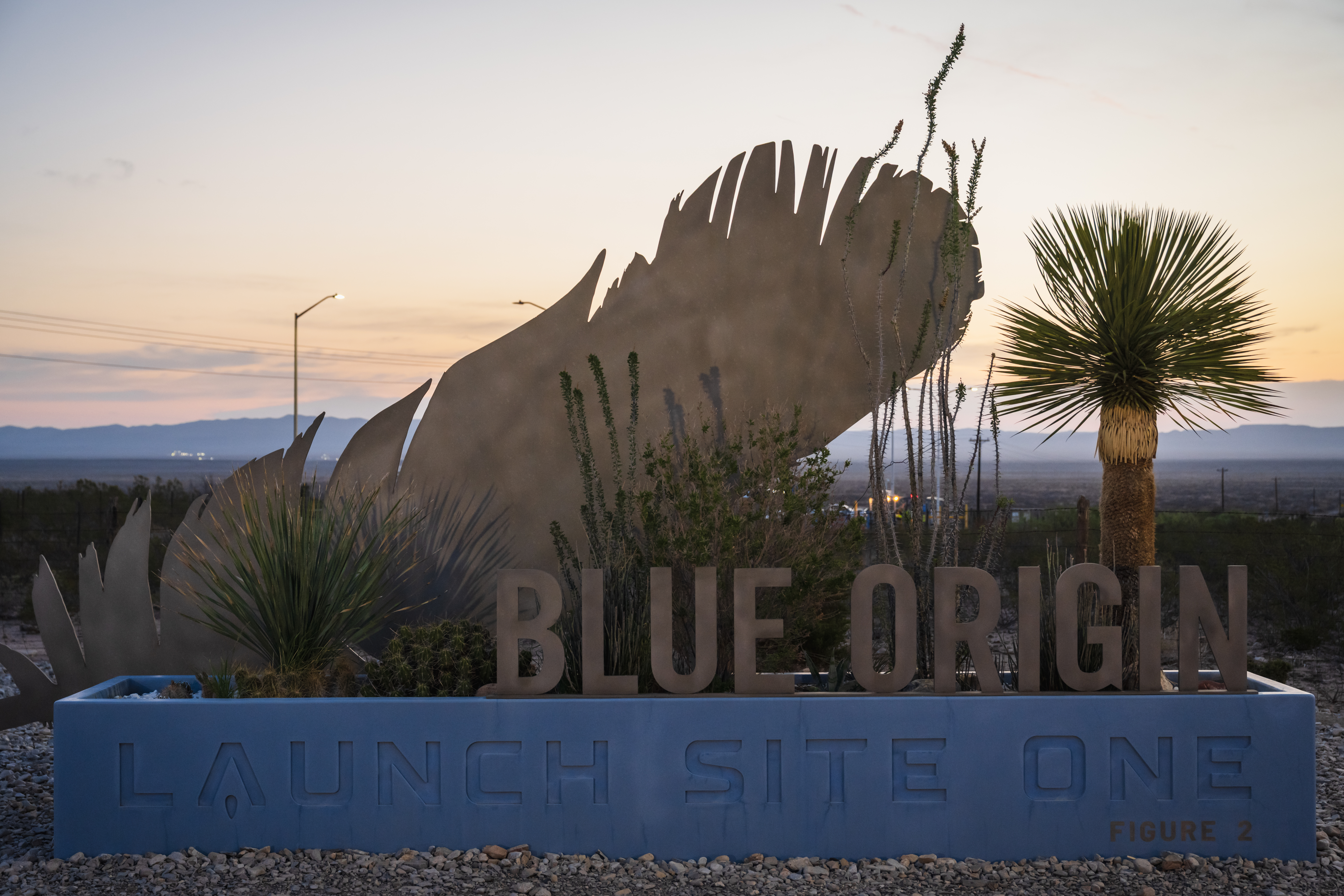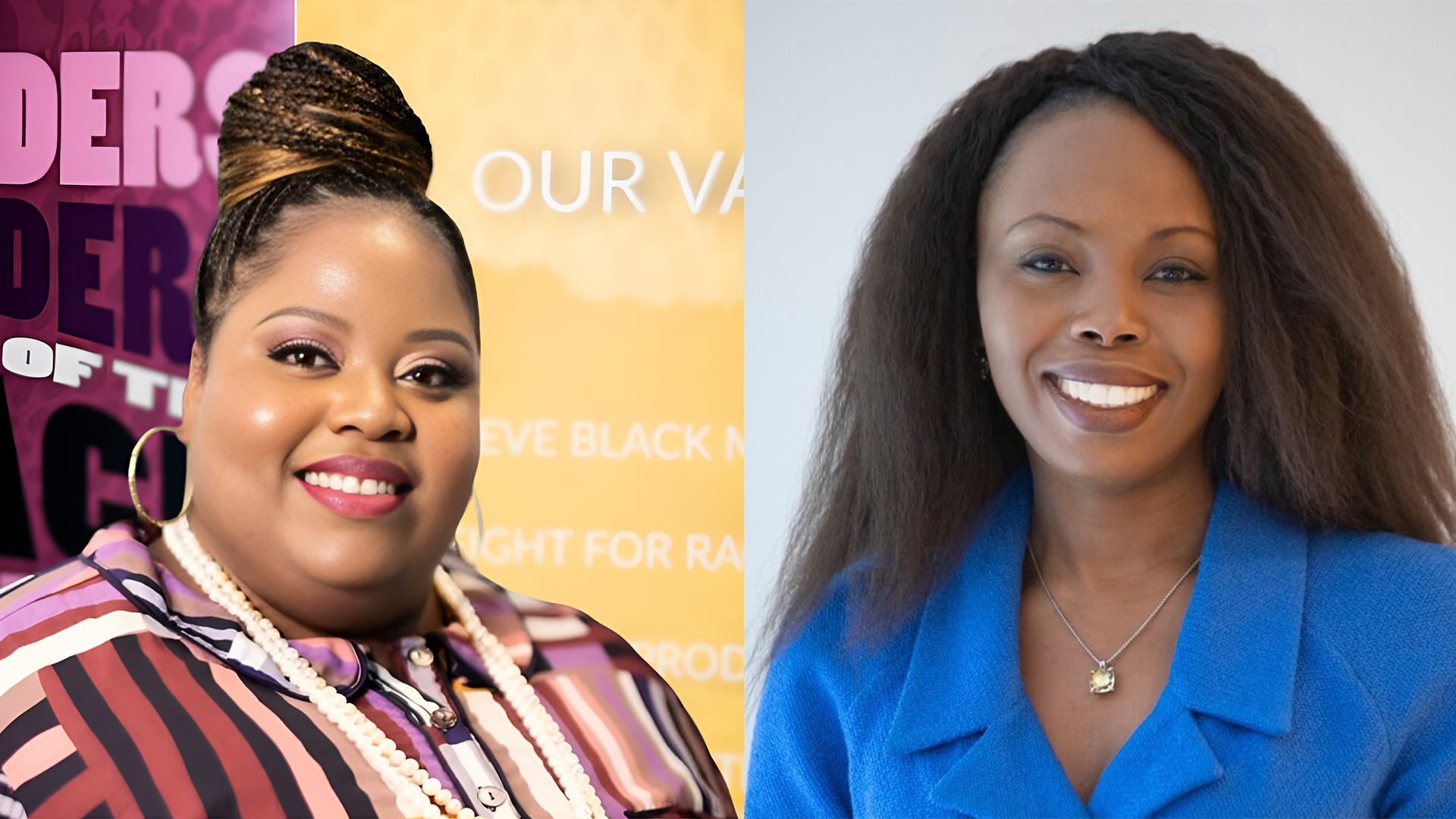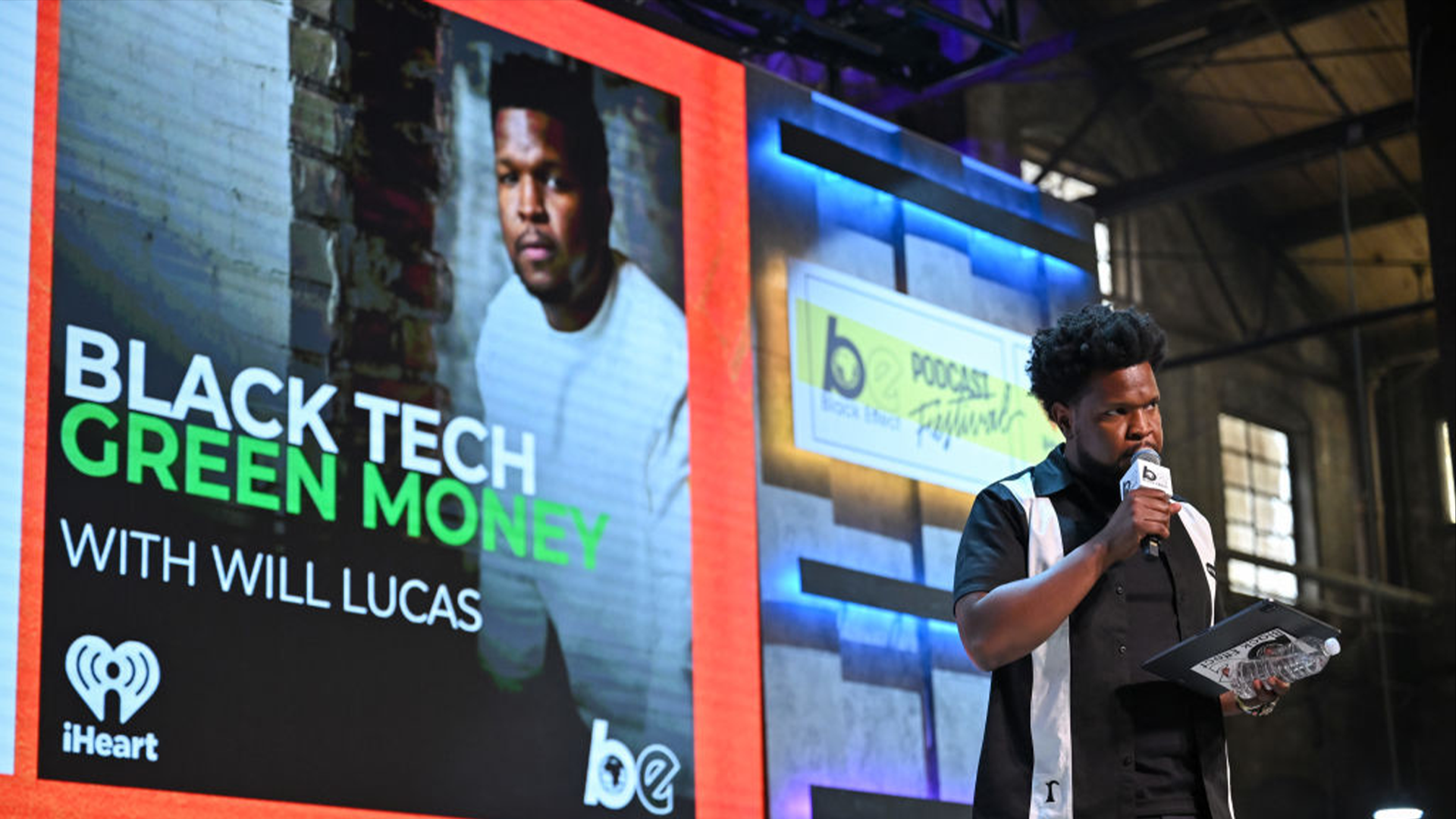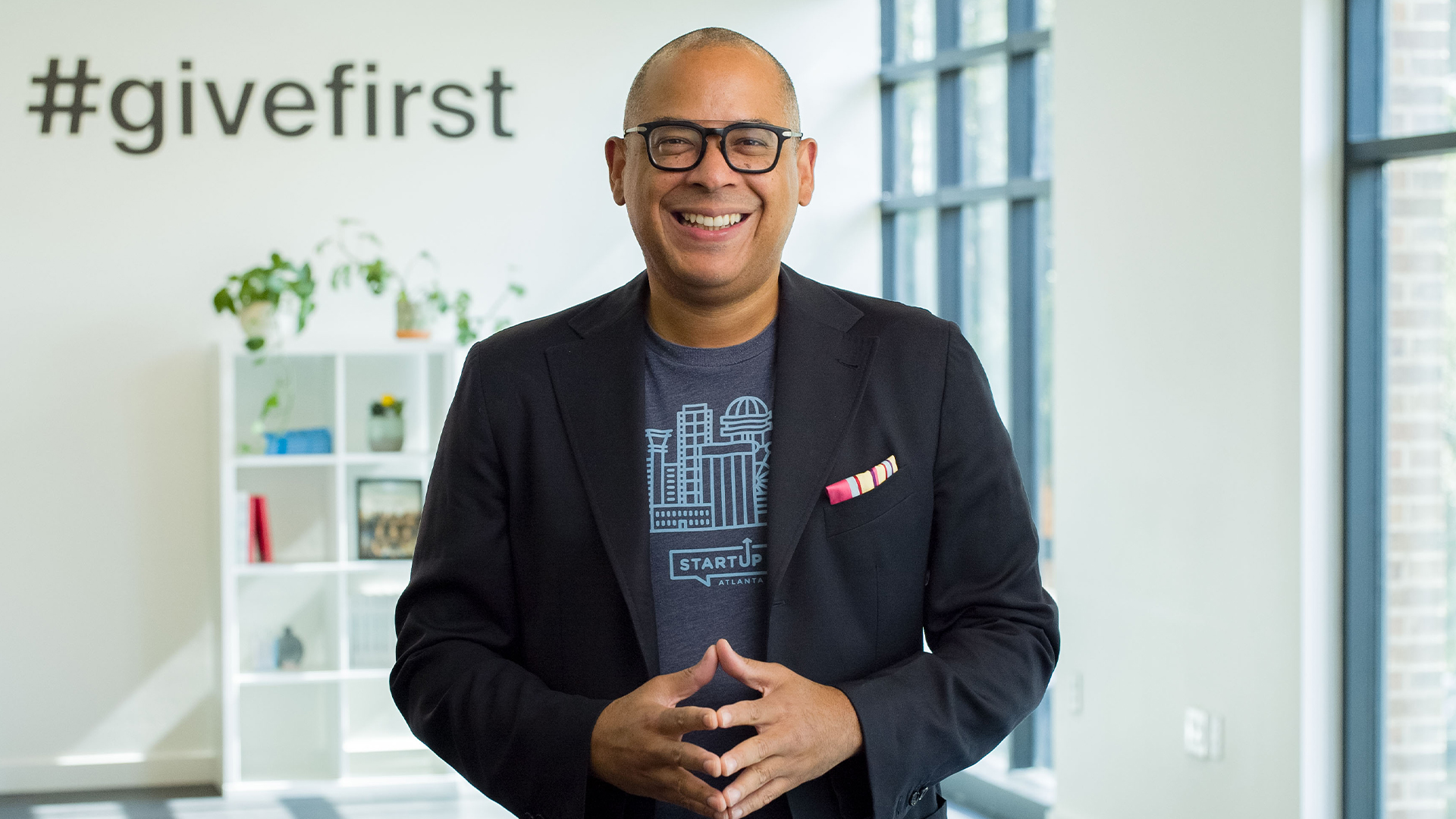Co-founders Benedict Owanga and Chinelo Adi are delivering clean energy solutions to Congo.
Inception
The intention bloomed during Owanga’s sophmore year at Emory University School of Law. While pursuing an internship at Paws Between Homes — a nonprofit providing temporary foster homes for pets from evicted Atlanta, GA, residents — he lost power for two hours during training. Although he was inconvenienced, he also considered his experience to be more common for his Congolese people back home.
“It got me thinking, if someone like me loses power for two hours and it takes me two weeks to figure out something, what about people back home in Congo that go months without power,” he told AFROTECH.
Owanga, 24, sparked conversations with relatives from the Democratic Republic of the Congo (DRC) for insight into how electricity inconsistencies disrupted their lives. Some recall classes being canceled due to having no power. And one family member even said they studied all night using a candle.
“Kerosene, generators and candles all are very dangerous, dirty and undependable. Kerosene causes 600,000 deaths on the continent of Africa alone. Generators are very highly polluted and it costs $20 a day to keep your generator running. In the DRC, a country where people are earning less than $10 a day, to spend $20 a day, it’s just unrealistic. There needs to be a solution to this,” Owanga expressed.
Teaming Up With Adi
The call to action would take root in August 2022 with the launch of Owanga.
Adi, a student at Emory University School of Law, was compelled to step into her role as co-founder after attending a conference surrounding the clean energy law sector.
“Attending the conference exposed me to the significant impact that clean energy technologies could have on the world, both environmentally and economically,” Adi said to AFROTECH. “I was inspired by the potential to create sustainable solutions that could address global energy challenges while reducing carbon emissions.”
She continued, “A few months later, Benedict approached me with his idea centered around utilizing clean energy and technology to provide electricity to individuals in Congo. This idea resonated with me, connecting perfectly with my growing interest in the clean energy sector. I saw it as an opportunity to contribute to positive change while using my skills and passion for clean energy technology.”
DivInc Accelerator Program
The company was supported by Emory Hatchery to participate in the DivInc Accelerator Program. The 12-week commitment targets early-stage startups involved in equitable and inclusive clean energy transition, the accelerator’s website mentions.
The co-founders received a $10,000 equity-free grant, $100,000 in products and services, among other resources, according to a news release.
“Our school has an incubator program and I spoke to them about the idea and then they were like, ‘Wow, this is a really good idea.’ So, they helped me go from the idea stage to helping me draw up a business plan to helping me get into the diviv and clean energy cohort. They really helped me just figure out what I was doing,” Owanga detailed.
View this post on Instagram
Plug And Play Solution
The clean energy startup offers a “plug and play” solution by providing portable battery packs that can power a one-bedroom home or small business for the cost of $2 per day.
“Two dollars a day was the perfect place we found it because we really spoke to customers about how much they earn, how much would they be willing to pay for power and so forth. Our goal is to make energy as accessible for everybody as possible,” Owanga said.
Battery Pack Fueled By Solar Power
The device can be purchased at their shop. However, they plan to build strategic locations in 2024 so customers won’t be bound to just one.
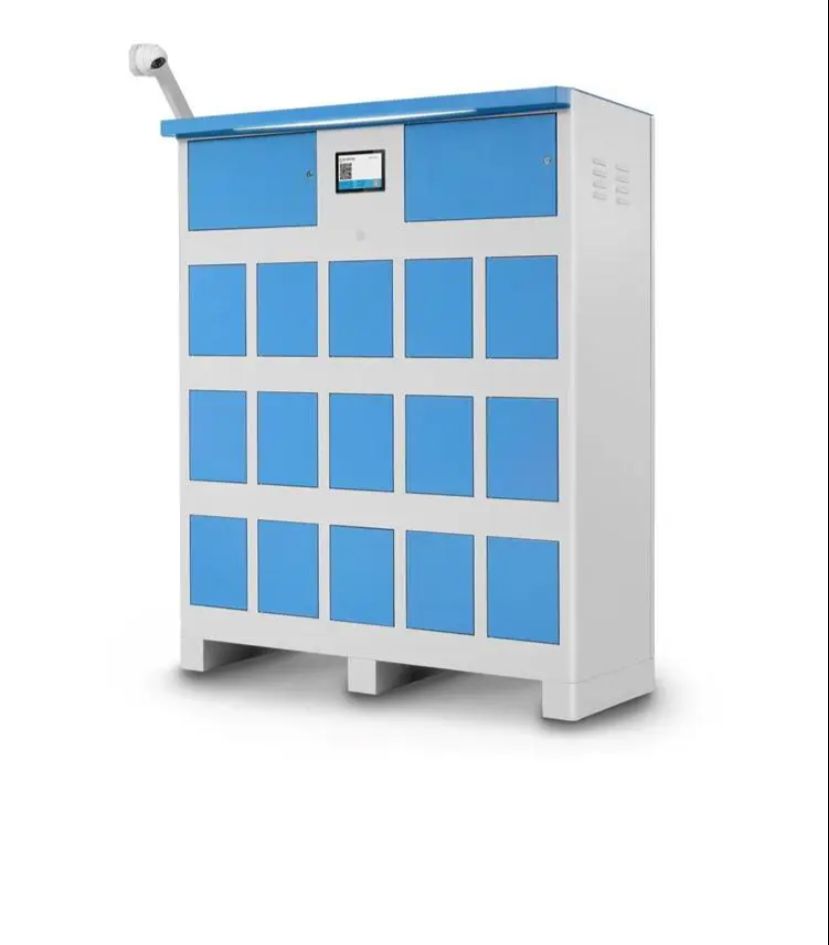
“You can think of it as a vending machine for battery packs,” Owanga detailed.
Customer Testimonial
What’s more, the device is fueled by solar energy to ensure the product could remain cost efficient. Owanga tested solar battery packs from China and gained feedback from hundreds of business owners in the DRC who were able to use the device at no cost.
“Within all these six years, we have a problem of electricity in this area of Ngaliema UPN. Since I got the Owanga Solar battery, I’ve found a durable solution for my business. I can now run my business from morning to 10 PM and my business is running very well. I’m selling without any electricity worries,” entrepreneur Suza Lenge said in a video shared by Owanga.
That seems to be the goal, as Owanga told us, “Allowing people to have power, it gives a certain community an economic boost. It’s actually proven when a certain community has enough power, the GDP goes up and that’s our goal.”
Launching In Africa
The response from Lenge and other entrepreneurs was used in-house to support the creation of Owanga’s very own battery pack. The MVP was created in June 2023, and the company is preparing to launch the device to business owners across the continent in October 2023.
“I will measure the impact of Owanga primarily by the number of towns and communities we successfully reach in Congo and beyond,” Adi said. “Our focus is to expand our reach to as many areas as possible, as this will directly translate into providing a larger number of individuals with access to affordable and clean energy solutions.”
